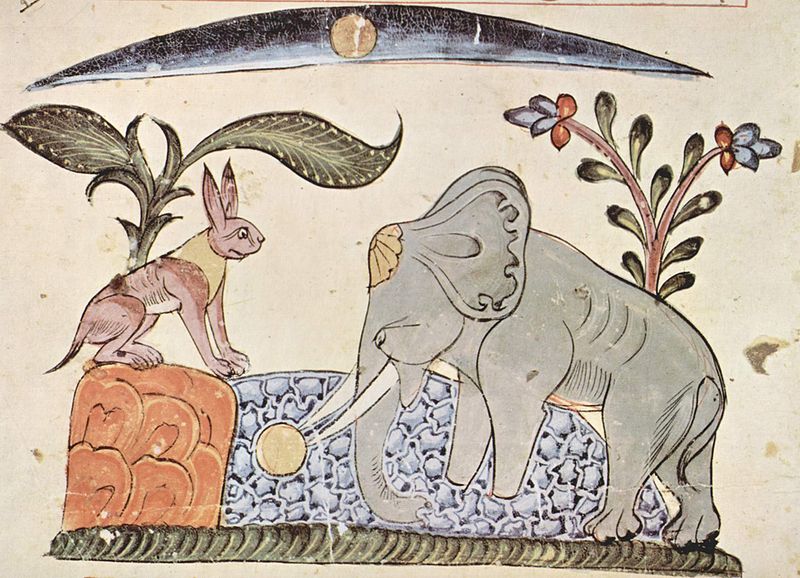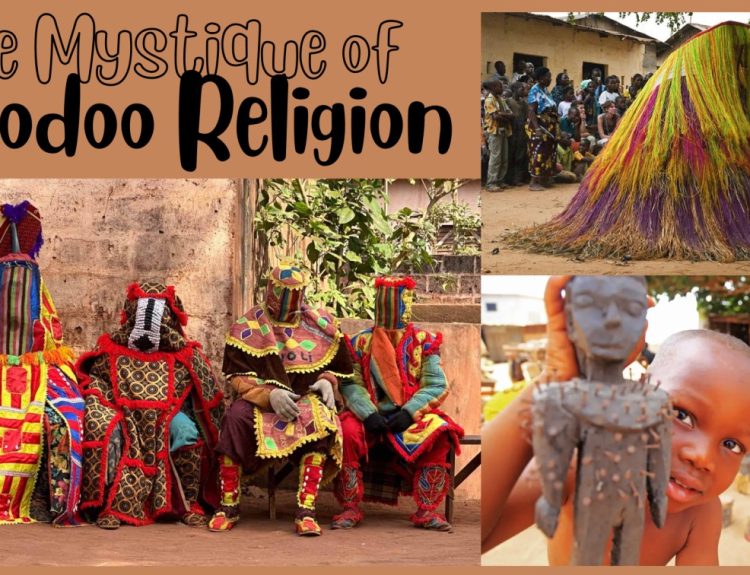By definition Folklore is the traditional beliefs, customs and stories of a community passed through generations by word of mouth. It is a reflection of one’s culture. The article “Folklore- a lifelong obsession” will reflect the meaning and importance of folklore culture in anthropology.
For example- in Indian culture, it is believed that-
- Sneezing, breaking glass and seeing empty buckets bring bad luck to the person going out for work.
- Eating sugar in curd, seeing elephant image in a dream and seeing a bucket filled is considered auspicious.
Folklore is all around us in phrases, practices, beliefs, customs, superstitions, folktales, myths etc. It is a broad topic. Folklore and fairy tales represent stories of a particular culture.
The word folklore was coined by William Thoms, a British writer.

Studying folklore is important from an anthropological perspective because it gives information about the culture. How the things came as they are? histories of beliefs, how they appear in a particular place at a particular time, what is good behaviour, what is a bad one? These all are very important for social anthropologists.
Meaning of folklore
Folklore is a combination of two words- folk means regional group and lore means stories.
Most people think that folklore is an old and antique fairy tale. This definition of folklore is not wrong but it is incomplete. It is a vast and complex subject.
Folk are just groups of people who are linked by a particular commonality something like occupation, locality or interests they then built for themselves a sort of unofficial culture that surrounds that commonality. A folk group might be as small as a single-family or as large as a religious group. A single person can be a part of lots of different folk groups throughout their lives and they might join or leave many as they age to better illustrate the basics of how folk groups work.
Lore is defined as a collection of knowledge and traditions on a subject by a particular community at a particular place and time passed from one generation to another through the process of enculturation.
Characteristics of folklore
Folklore travels directly from person to person, unlike novels and movies which travels from one source to multiple sources at the same time.

It can adapt and change. For example, once a book is published it will never change. It only gets updated. But folklore is dynamic and traditional.
Conclusion
Some people believe that folklore is not important because it involves the study of informal cultures. It helps us to understand the world where we are living. It is one way to understand ourselves better. It helps to understand each other. It gives us a community connection.
Everyone fears that folklore is disappearing. But it is not true. Everyone has folklore and everyone will continue to have folklore for as long as we have informal cultural exchanges.
Read more:
- The Maharaj Libel Case of 1862: A Landmark in Colonial Legal and Social History
- Acclimatization: The Subtle Dance Between Humans and Their Environment
- The Anthropology of Sleep
- Lamarck’s Theory of Evolution
- Bipedalism and Structural Changes







